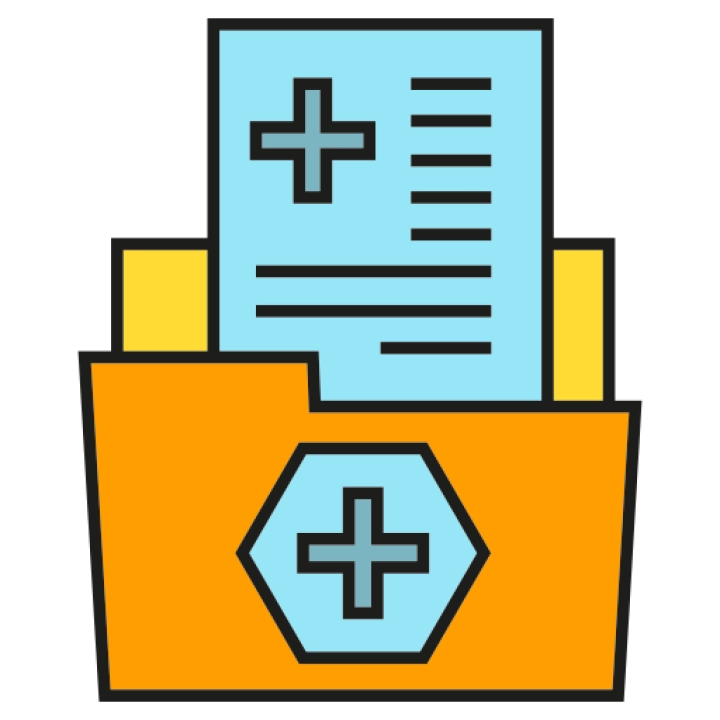College: Health Sciences
This major focuses on managing medical records, documentation, and administrative tasks in healthcare settings. Students develop skills in medical terminology, transcription, coding, office management, and patient communication, preparing them for careers in hospitals, clinics, and medical offices.
Learning Objectives:
- Understand the basics of medical documentation and secretarial practices.
- Develop skills in medical terminology, transcription, and coding.
- Learn techniques in managing medical records and administrative tasks.
- Explore the principles of office management, patient communication, and healthcare ethics.
- Analyze and interpret medical documentation data.
- Develop critical thinking, organizational, and communication skills.
Main Outline:
- Introduction to Medical Documentation and Secretarial Practices - Overview of key concepts and practices in medical documentation and secretarial work.
- Medical Terminology - Principles and techniques for understanding and using medical terminology.
- Medical Transcription - Principles and techniques for accurately transcribing medical reports.
- Medical Coding - Principles and techniques for accurately coding diagnoses and medical procedures.
- Medical Records Management - Principles and techniques for managing and maintaining medical records.
- Office Management - Principles and techniques for managing administrative tasks in healthcare settings.
- Patient Communication - Principles and techniques for effective communication with patients and healthcare providers.
- Healthcare Ethics and Legal Issues - Principles and techniques for dealing with ethical and legal issues in healthcare management.
- Practical Training in Medical Documentation and Secretarial Work - Real-world experiences through internships and clinical rotations in healthcare settings.
- Capstone Project in Medical Documentation and Secretarial Work - Comprehensive project applying skills in medical terminology, transcription, coding, or records management.
Evaluation Methods:
- Medical terminology tests, transcription exercises, coding assignments, medical records management projects, office management plans, patient communication scenarios, healthcare ethics analyses, practical training reports, capstone projects, group projects, and presentations.
Recommended Textbooks:
- "Medical Terminology" by various authors.
- "Medical Transcription" by various authors.
- "Medical Coding" by various authors.
- "Medical Records Management" by various authors.
- "Office Management in Healthcare" by various authors.
- "Patient Communication" by various authors.
- "Healthcare Ethics" by various authors.
Prerequisites:
Basic knowledge of healthcare, medical terminology, and office management.
Duration of the Major:
Typically two to four years to obtain an associate or bachelor's degree.
Certification:
Graduates can obtain certifications such as Certified Medical Administrative Assistant (CMAA) or Certified Professional Coder (CPC).
Target Audience:
Aspiring medical secretaries, medical document transcriptionists, medical document coders, medical records technicians, and healthcare managers aiming to work in hospitals, clinics, and medical offices.
This major equips students with the administrative, technical, and communication skills necessary to excel in medical documentation and administrative roles, supporting careers in various healthcare environments.


















